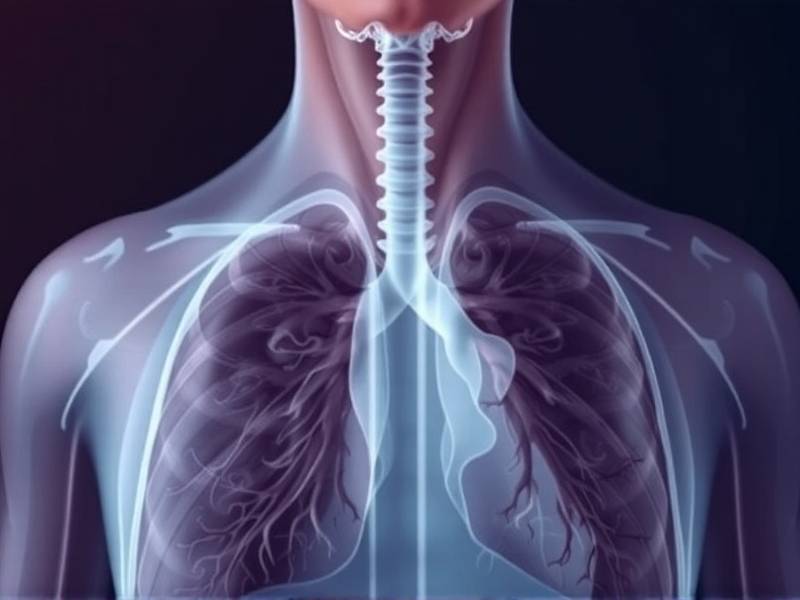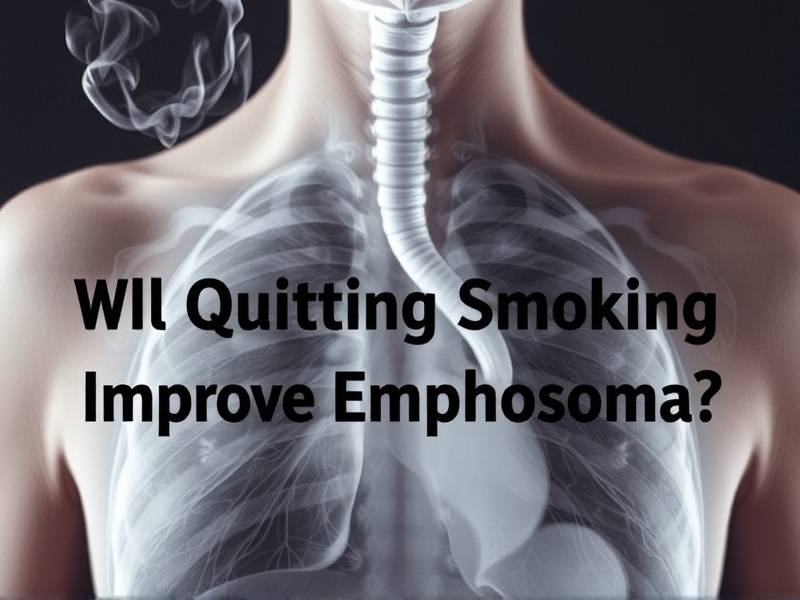Will Quitting Smoking Improve Emphysema?
Will Quitting Smoking Improve Emphysema? A Comprehensive Guide

Introduction: Emphysema is a chronic lung disease that affects millions of people worldwide. It is characterized by the damage to the air sacs in the lungs, leading to difficulty in breathing. Smoking is a major cause of emphysema, and many individuals are seeking ways to improve their condition. In this article, we will explore whether quitting smoking can help improve emphysema.
Section 1: Understanding Emphysema What is Emphysema? Emphysema is a progressive lung disease that occurs when the air sacs in the lungs become damaged and lose their elasticity. This damage makes it difficult for air to flow out of the lungs, resulting in shortness of breath and other symptoms.

How does Smoking Contribute to Emphysema? Smoking is a leading cause of emphysema. The harmful chemicals in cigarettes can irritate and inflame the airways, leading to chronic inflammation and further damage to the lung tissue.
Section 2: The Benefits of Quitting Smoking for Emphysema Patients Improved Lung Function Quitting smoking can significantly improve lung function in individuals with emphysema. By reducing inflammation and slowing down the progression of the disease, quitting smoking can help individuals breathe more easily.
Reduced Risk of Complications Emphysema patients who quit smoking have a lower risk of developing complications such as respiratory infections, heart disease, and even cancer.
Increased Quality of Life Quitting smoking can lead to an improved overall quality of life for emphysema patients. With better breathing, they may experience reduced fatigue, increased energy levels, and enhanced social interactions.
Section 3: Strategies for Quitting Smoking Seeking Professional Help It is essential for emphysema patients to seek professional help when attempting to quit smoking. Healthcare providers can offer personalized support and resources tailored to individual needs.
Nicotine Replacement Therapy (NRT) Nicotine replacement therapy involves using nicotine-containing products such as gum, patches, lozenges, or inhalers to alleviate withdrawal symptoms during the quitting process.
Behavioral Support Behavioral support programs can provide individuals with strategies and coping mechanisms to overcome cravings and develop healthier habits.
Section 4: The Importance of Long-Term Commitment While quitting smoking can bring immediate benefits for emphysema patients, it is crucial to maintain long-term commitment. Staying smoke-free requires ongoing effort and support from healthcare providers, friends, and family.
Conclusion: Quitting smoking is a significant step towards improving emphysema symptoms and overall health. By reducing inflammation, slowing down disease progression, and preventing complications, quitting smoking offers numerous benefits for individuals with emphysema. It is essential for patients to seek professional help and adopt effective strategies for long-term success in quitting smoking.
